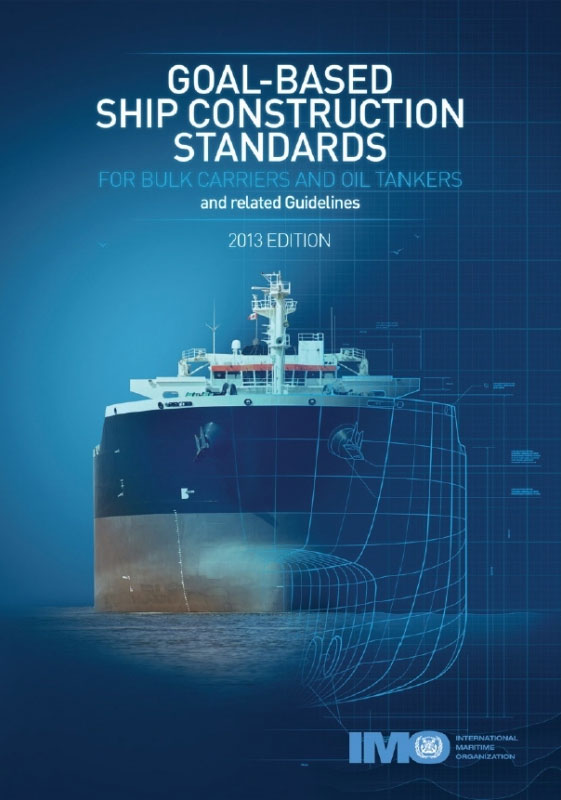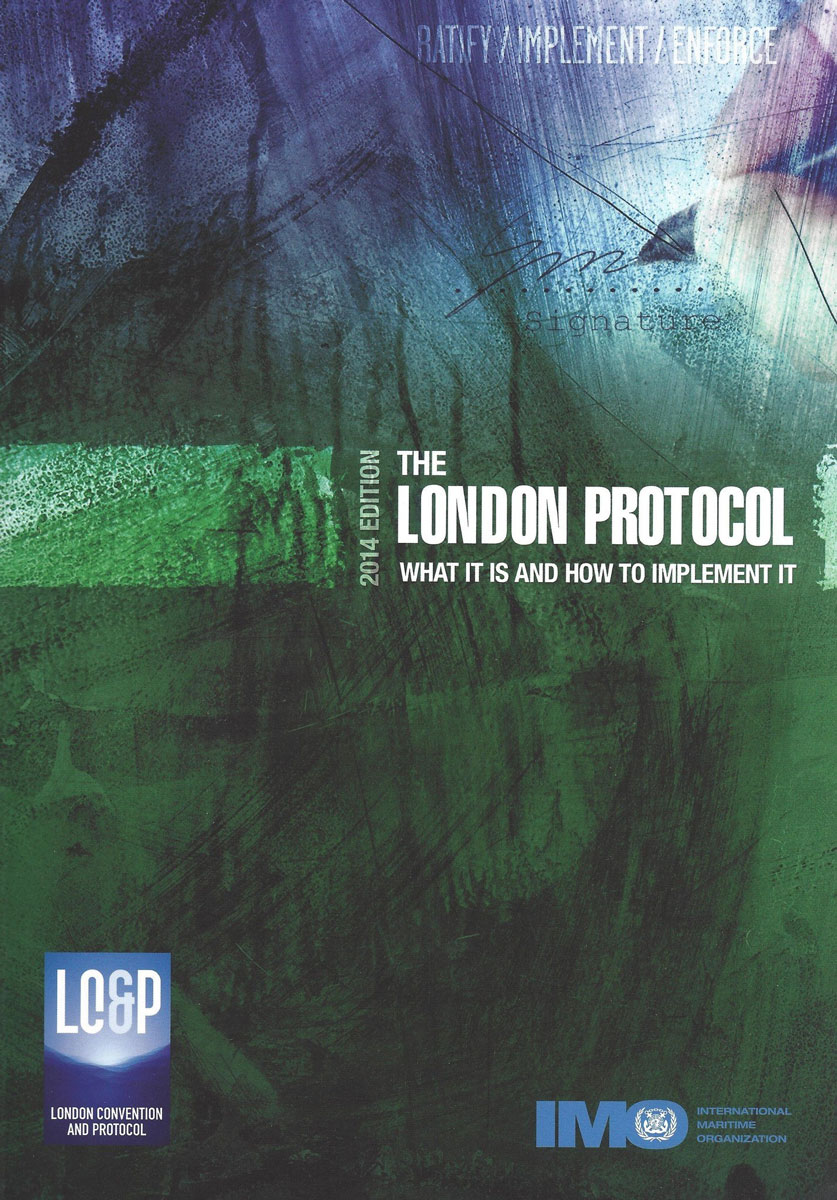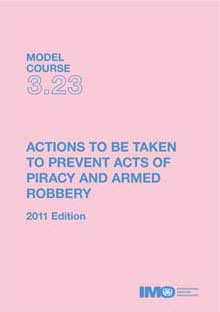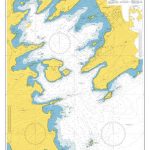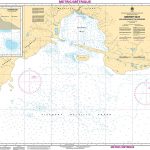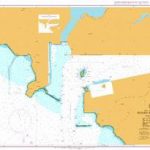Category Archives: Travel Guides
Marine Environmental Awareness, 2011 Edition – IMO Model Course
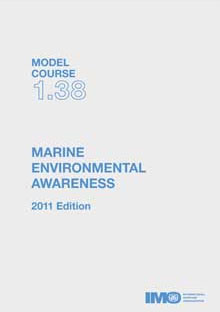
This course combines two important aspects of modern shipping; care for the marine environment and the importance of human performance.The course is intended to give trainees knowledge of the importance and diversity of the marine environment as well as understanding and awareness of the impacts of shipping activities on the (marine) environment. The course will
IBC Code – International Bulk Chemical
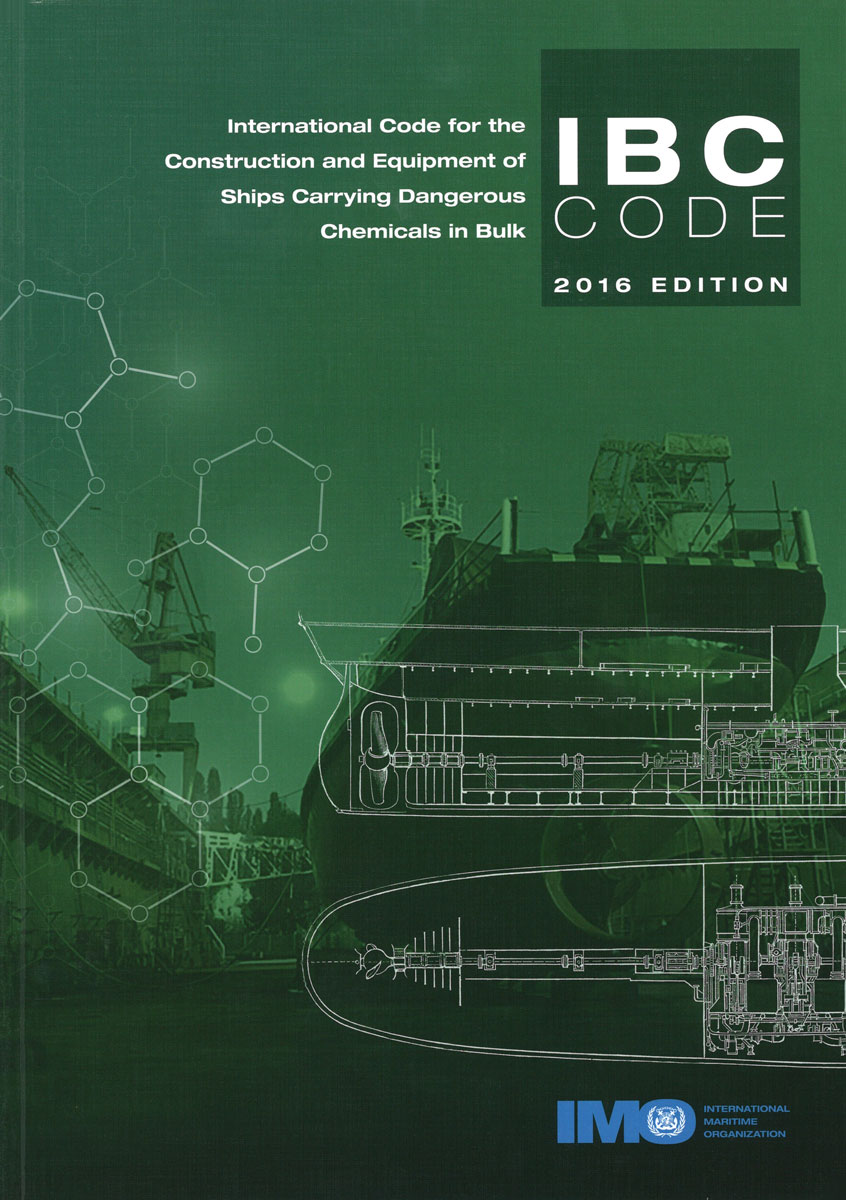
The purpose of the International Code for the Construction and Equipment of Ships Carrying Dangerous Chemicals in Bulk (IBC Code) is to provide an international standard for the safe carriage, in bulk by sea, of dangerous chemicals and noxious liquid substances listed in chapter 17 of the Code. The Code prescribes the design and construction
Company Security Officer, 2012 Edition – IMO Model Course
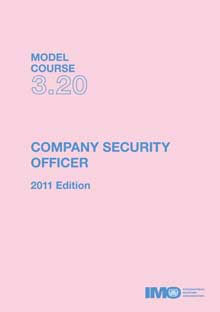
This model course has been based on MSC/Circ.1154, `Guidelines on training and certification for Company Security Officers`, and aims to provide knowledge to those who may be designated to perform the duties and responsibilities of a Company Security Officer (CSO), as defined in paragraph 2.1.7 (and paragraph11) of the ISPS Code, Part A, and in
Guide to Maritime Security and the ISPS Code (2012 edition)
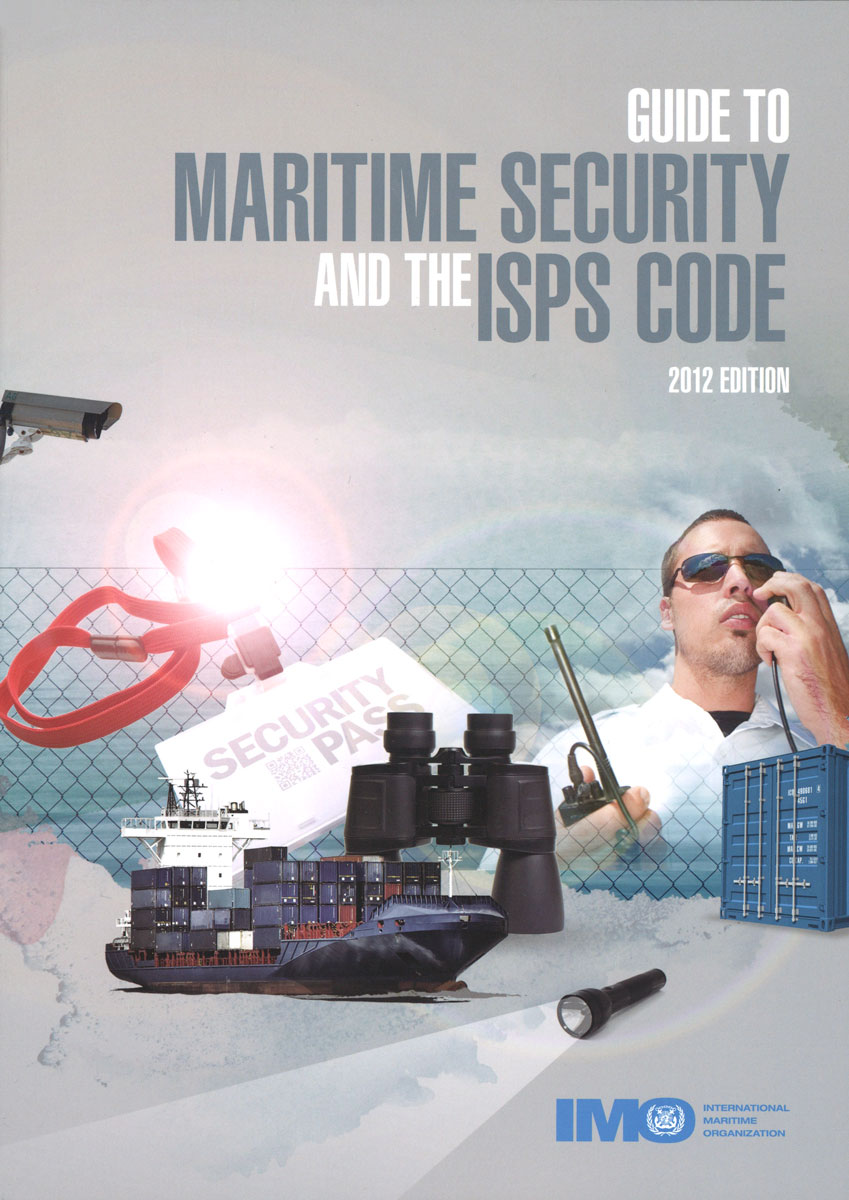
This User Guide has been developed to consolidate existing IMO maritime security-related material into an easily read companion guide to SOLAS chapter XI-2 and the ISPS Code in order to assist States in promoting maritime security through development of the requisite legal framework, associated administrative practices, procedures and the necessary material, technical and human resources.It
Control and Management of Ships` Biofouling
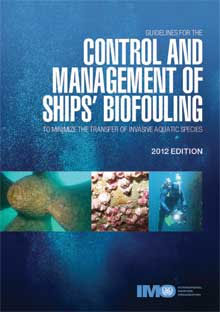
These Guidelines for the control and management of ships` biofouling to minimize the transfer of invasive aquatic species (hereafter `the Guidelines`) are intended to provide a globally consistent approach to the management of biofouling.As scientific and technological advances are made, the Guidelines will be refined to enable the risk to be more adequately addressed. Port
FTP code: international code for application of fire test procedures, 2010 (2012 Edition)
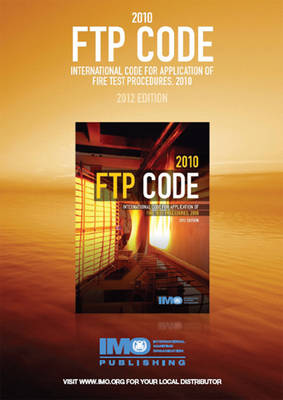
The 2010 FTP Code, along with relevant SOLAS amendments to make it mandatory, was adopted, with an expected entry into force date of 1 July 2012.The 2010 FTP Code provides the international requirements for laboratory testing, type-approval and fire test procedures for products referenced under SOLAS chapter II-2. It comprehensively revises and updates the current
Security Awareness Training for All Seafarers, 2012 Edition – IMO Model Course
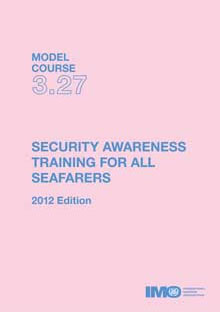
This model course is intended to provide the knowledge required to enable personnel without designated security duties in connection with a Ship Security Plan (SSP) to enhance ship security in accordance with the requirements of chapter XI-2 of SOLAS 74 as amended, the ISPS Code, and section A-VI/6-1 of the STCW Code, as amended.Those who
A Pocket Guide to Cold Water Survival, 2012 Edition
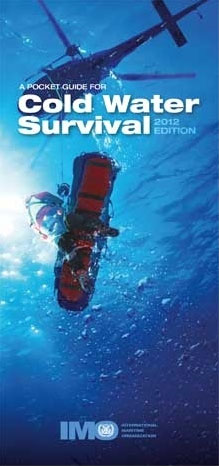
This guidance is intended primarily for seafarers. It providesinformation which will help you if you are unlucky enough to fall into cold water, or have to enter it in an emergency, or have to use survival craft in cold conditions. It also provides information which will help seafarers, trained as first-aid providers, to treat those
The London Protocol: What it is and how to implement it, 2014 Edition
Code on Noise Levels on Board Ships (2014 Edition)
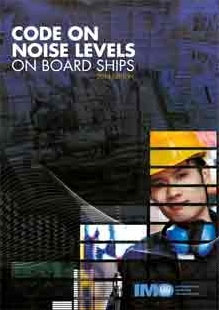
The Code on noise levels on board ships has been developed to provide international standards for protection against noise under the provisions of regulation II-1/3-12 of the SOLAS Convention. The Code, adopted by resolution MSC.337(91), recognizes the need to establish mandatory noise level limits for machinery spaces, control rooms, workshops, accommodation and other spaces on
Leadership & Teamwork, 2014 Edition – IMO Model Course
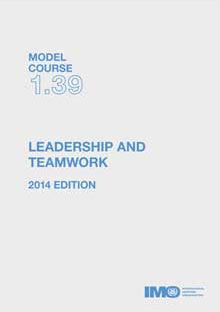
This model course is intended to provide a person with the knowledge, skill and understanding of leadership and teamwork at the operational level on board a ship.The course is designed to meet STCW requirements for the application of leadership and team working skills, in accordance with the 2010 Manila Amendments, specifically as stated in table
Electro-Technical Officer, 2014 Edition – IMO Model Course

This model course aims to meet the mandatory minimum requirements for knowledge, understanding and proficiency in Table A-III/6 of STCW Code for the function Electrical, Electronic and Control Engineering at the Operational Level, for the function Maintenance and Repair at the Operational Level and the background knowledge to support Controlling the Operation of the Ship
Master and Chief Mate, 2014 Edition – IMO Model Course
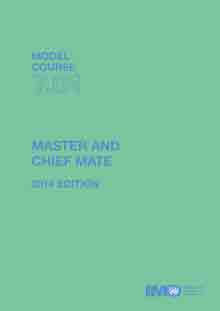
This model course aims to meet the mandatory minimum requirements for knowledge, understanding and proficiency in Table A-ll/2 of STCW Code for the function Navigation at the Management Level, for the function Cargo Handling and Stowage at the Management Level and the background knowledge to support Controlling the Operation of the Ship and Care for
Code on Alerts & Indicators, 2009
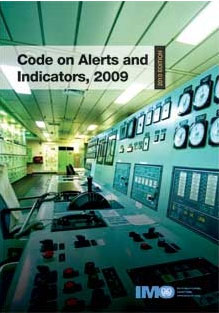
The Code on Alerts and Indicators 2009, is intended to provide general design guidance and to promote uniformity of type, location and priority for alerts and indicators required by the SOLAS Convention, including relevant performance standards, and by the MARPOL Convention, as well as by other associated instruments and codes.The Code will benefit designers and
SAR Administration (IAMSAR Manual Volume I), 2017 Edition – IMO Model Course
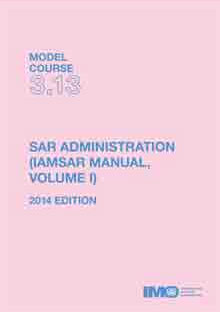
This course is intended to provide an introduction to the administration and management of a maritime search and rescue (SAR) service to assist States in meeting their own SAR needs, and the obligations they accepted under the International Convention on Maritime Search and Rescue, 1979 and its amendments together with the International Convention for the
Actions to be Taken to Prevent Acts of Piracy and Armed Robbery, 2011 Edition – IMO Model Course
Energy Efficient Operation of Ships, 2014 Edition – IMO Model Course
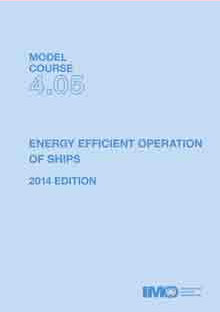
This model course is designed to facilitate the delivery of training in order to promote the energy-efficient operation of ships. The course contributes to the IMO`s environmental protection goals as set out in resolutions A.947(23) and A.998(25) by promulgating industry “Best Practices”, which reduce greenhouse gas (GHG) emissions and the negative impact of global shipping
BLU Code (Code of Practice for the Safe Loading and Unloading of Bulk Carriers Inc. BLU Manual)
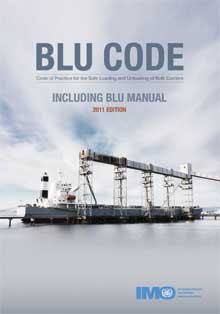
BLU Code including BLU Manual contains the Code of Practice for the Safe Loading and Unloading of Bulk Carriers, incorporating all amendments up to and including 2010, and the Manual on loading and unloading of solid bulk cargoes for terminal representatives, incorporating all amendments up to and including 2010. Also presented is Additional considerations for
International Convention for Safe Containers (CSC 1972), 2014 Edition
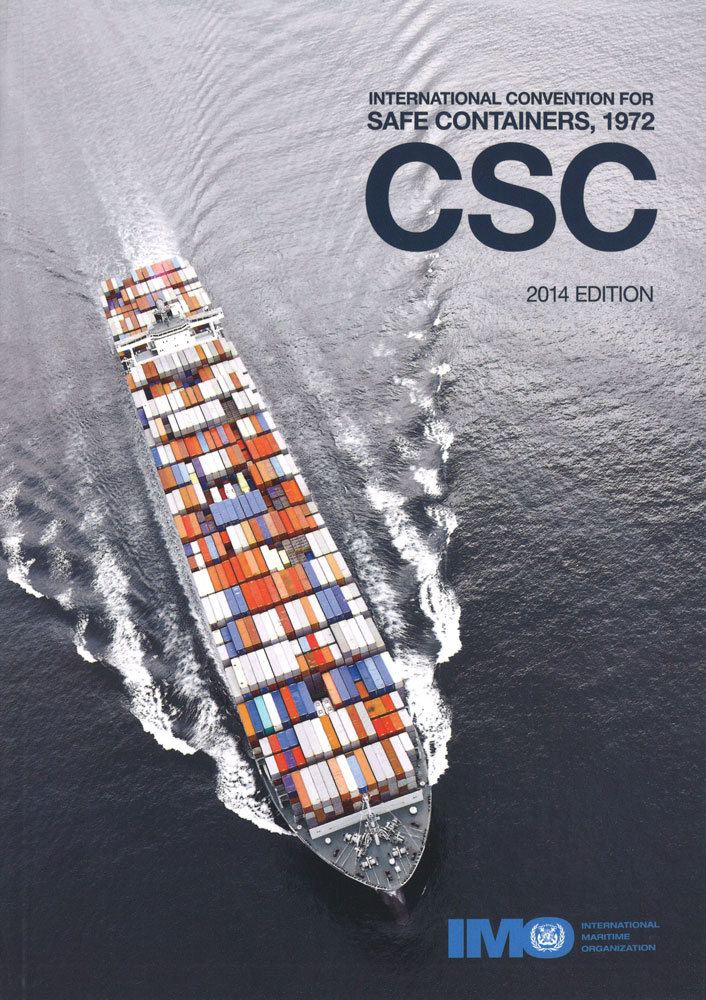
The International Convention for Safe Containers, 1972 (CSC 1972) aims to: – maintain a high level of safety of human life in the transport and handling of containers by providing acceptable test procedures and related strength requirements; and – provide uniform international safety regulations, equally applicable to all modes of surface transport, thereby avoiding the







